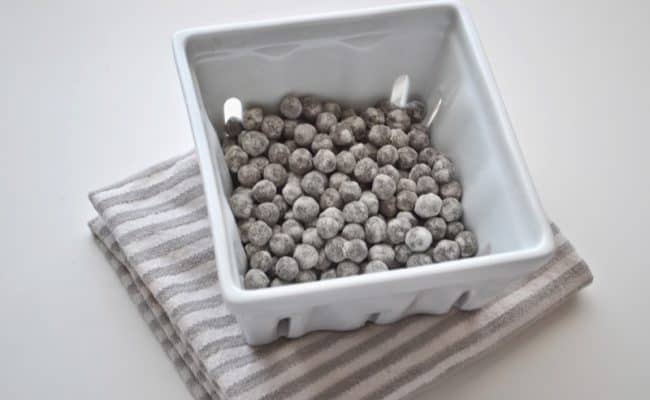
Raspberry ketone is a natural antioxidant in raspberries. Before raspberry ketone was known as a weight loss supplement, it was first used for flavorings in soft drinks, pudding, ice creams or other sweets. It was also used for fragrances like perfumes.
Raspberry ketone is a popular weight loss supplement, but does it actually work? Is there any scientific validity to weight loss claims? Is it safe? Here is a closer look at the efficacy and claims behind raspberry ketones and weight loss.
What does research says?
Raspberry ketone first looked promising as a weight loss supplement from rodent studies based in Korea and China. A 2010 study looked at feeding mice a high fat diet and feeding the rodents raspberry ketones. Researchers found that the raspberry ketone fed mice had lower fat accumulation and increased fatty acid oxidation (fat break down).
Another rodent study showed similar results, which researchers admit look promising for possibly helping with obesity. However, these research results can NOT be translated to humans. Just because this effect from raspberry ketones was found in mice and/or test tubes, it does not mean the same thing will happen for humans.
To date, no clinical research studies have analyzed the efficacy of raspberry ketones for weight loss in humans. What is not known either is what dose is needed for any supposed effect. Rat/mice studies usually use a high dose of the test product to observe any effect.
Also, what kind of diet or exercise does raspberry ketone work with in humans? Does it work in obese, overweight or normal weight populations? Women and men? These answers are not currently known.
These initial research results may be promising for helping with weight loss, but it is just too early to tell if it can translate to humans.
How is it supposed to work?
Raspberry ketones are thought to help with weight loss because they target the hormone adiponectin. Adiponectin is a hormone released from fat cells that play a role in glucose and lipid metabolism and body weight regulation.
Researchers are still studying the full effects of how adiponectin affects the body, but adiponectin has been observed to be low in obese people. Giving adiponectin to obese people in some research studies has helped increase muscle uptake for free fatty acids.
Raspberry ketone is thought to enhance the action of adiponectin which could help with breaking down fat cells for energy. However, the complete action of how raspberry ketone works is still being studied.
Be wary of claims from companies that make raspberry ketones that sound scientific and promise that raspberry ketone has been shown in studies to “melt” fat off, burn fat easier or any phony scientific sounding catchy sounding phrase.
Keep in mind no clinical trials from reputable scientific journals have shown the effects of raspberry ketone in humans. Scientific studies funded by private companies that are small and not from a peer reviewed journal do not have credibility.
FDA approval
As with any supplement, any claims on raspberry ketone supplements are not evaluated by the FDA, has not under gone rigorous testing or deemed as safe. Also, the purity of supplements may not regularly tested. This means you may be taking a supplement, but the ingredients may be altered than what is stated on the package. Sometimes it is unclear how much raspberry ketone is actually in a supplement, especially if it is part of a proprietary blend.
Safety
Like any supplement, taking raspberry ketones may interact with other medication or give some people side effects. Remember, supplement companies can put a product on the shelf before they prove it is safe for consumption.
If you take any medication, talk to a health professional before taking raspberry ketones.
Will it help you lose weight?
Some people claim raspberry ketones have helped them lose weight. That may (or may not) be true. Even if there is weight loss with taking raspberry ketones, does it help someone lose weight that will stay off, or is it a temporary fix?
Obesity is a global epidemic. Taking a pill that supposedly has an ingredient that helps with weight loss is most likely not the solution to fix the obesity crisis. However, many people are looking for a “magic” pill that will help them lose weight without altering their diet drastically or increasing exercise.
However, no matter how “good” a weight loss supplement sounds to be, keep in mind it probably is too good to be true. Also look into yourself any valid research that has been done on a supplement. Don’t just take other people’s testimonies or company sponsored biased studies.
So far raspberry ketones have shown in mice and test tube studies that it may help mice increase fat breakdown and may help with weight loss. It is not known if the same results will happen in humans and how much of raspberry ketone is needed for any benefit.
Always use caution with supplements as they are not well regulated and may be misleading.
References used in this article











ridoy rahman says
Just because this effect from raspberry ketones was found in mice and/or test tubes, it does not mean the same thing will happen for humans.